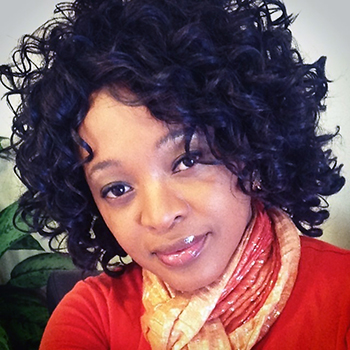Latest News Archive
Please select Category, Year, and then Month to display items
12 January 2024
|
Story Nonsindiswe Qwabe
|
Photo Sonia Small
 Since joining the UFS in 2008, Dr Grey Magaiza has worked extensively on approaches that can foster the socio-economic transformation of societies.
Since joining the UFS in 2008, Dr Grey Magaiza has worked extensively on approaches that can foster the socio-economic transformation of societies.
“The future should be one where communities can decide on their development agenda and futures. That’s the most important for me.” Dr Grey Magaiza, Deputy Director of the Centre for Gender and Africa Studies (CGAS) and Head of the Community Development programme on the Qwaqwa Campus, is passionate about capacitating communities to be agents of change and advancement. His vision for the future emphasises the empowerment of communities to take charge of their development by actively participating in decision making and the implementation of development projects that can improve their lives.
Since joining the UFS in 2008, Dr Magaiza has worked extensively on approaches that can foster the socio-economic transformation of societies. Over the years, he has crafted his research speciality into one that he is most proud of – being an interdisciplinary scientist immersed in the development of communities.
“I’m in a fortunate position of researching what I like. I say ‘fortunate’, because I’ve taken the time to understand what I’m passionate about, which is the overall field of rural livelihoods and livelihood futures – in short, community development. My research starts from an engaged university, understanding the elements that a university must use to enhance transformation and relevance to its immediate community in terms of development.”
One of the ways he has done this is by looking at social entrepreneurship as a development approach for young people in a rural setting. Through workshops with non-profit and civic organisations in Qwaqwa, Dr Magaiza has been helping these organisations to map out their needs and actively meet them through the involvement and support of external role players.
“We understand that communities are part of the national development agenda, but even that national agenda respects community knowledge and intentions and allows communities to shape their identity. A critical enabler of this is community organising. You bring back the capacity in communities to have dialogues on issues affecting them as spaces for engagement, knowledge exchange, and for people to just talk about their way forward.”
By enabling communities to define their development agenda, they can address their specific needs, challenges, and aspirations, he said. “When I look at livelihood futures, it’s quite an exciting aspect of my work – it’s like looking into a fortune tellers’ globe, because you’re not deciding for communities what they should do, but the communities themselves take those decisions.”
First woman appointed to represent the religious community on UFS Council
2015-12-08

Dr Nthabeleng Rammile |
The Council of the University of the Free State (UFS) approved the appointment of Dr Nthabeleng Rammile as representative of the religious community during its meeting on Friday 4 December 2015. She is the first woman to be appointed in this portfolio on Council.
“We are really privileged to have on Council a person of high integrity who not only has a sound knowledge of the academic world, but also brings real skills in marketing and brand management to university governance. In addition, Dr Rammile has a heart for students, including both their academic and spiritual needs,” says Prof Jonathan Jansen, Vice-Chancellor and Rector of the UFS.
Dr Rammile, an alumnus of the UFS, was a lecturer in the university’s Department of Business Management from 2003. She ended her lecturing tenure when she decided to join the ministry full-time in December 2014. She was ordained in 2003 as a Pastor of the Global Reconciliation Church. While at the UFS, she completed her Master's in Services Marketing and a PhD in Brand Management.
She played a pivotal mentoring role and gave her students first-hand work experience by working closely with the private sector, as she wanted to ensure that her students leave the UFS with a real understanding of the working world.
At the Global Reconciliation Church, she is responsible for women’s ministry, community outreach projects, as well as multimedia services. She is passionate about inspiring and empowering women to become successful in all spheres of their lives, namely career, business, motherhood, academia and socially. Dr Rammile is an advocate for a healthy lifestyle, and she also conducts workshops that teach women in her ministry how to live healthy and well-balanced lifestyles.